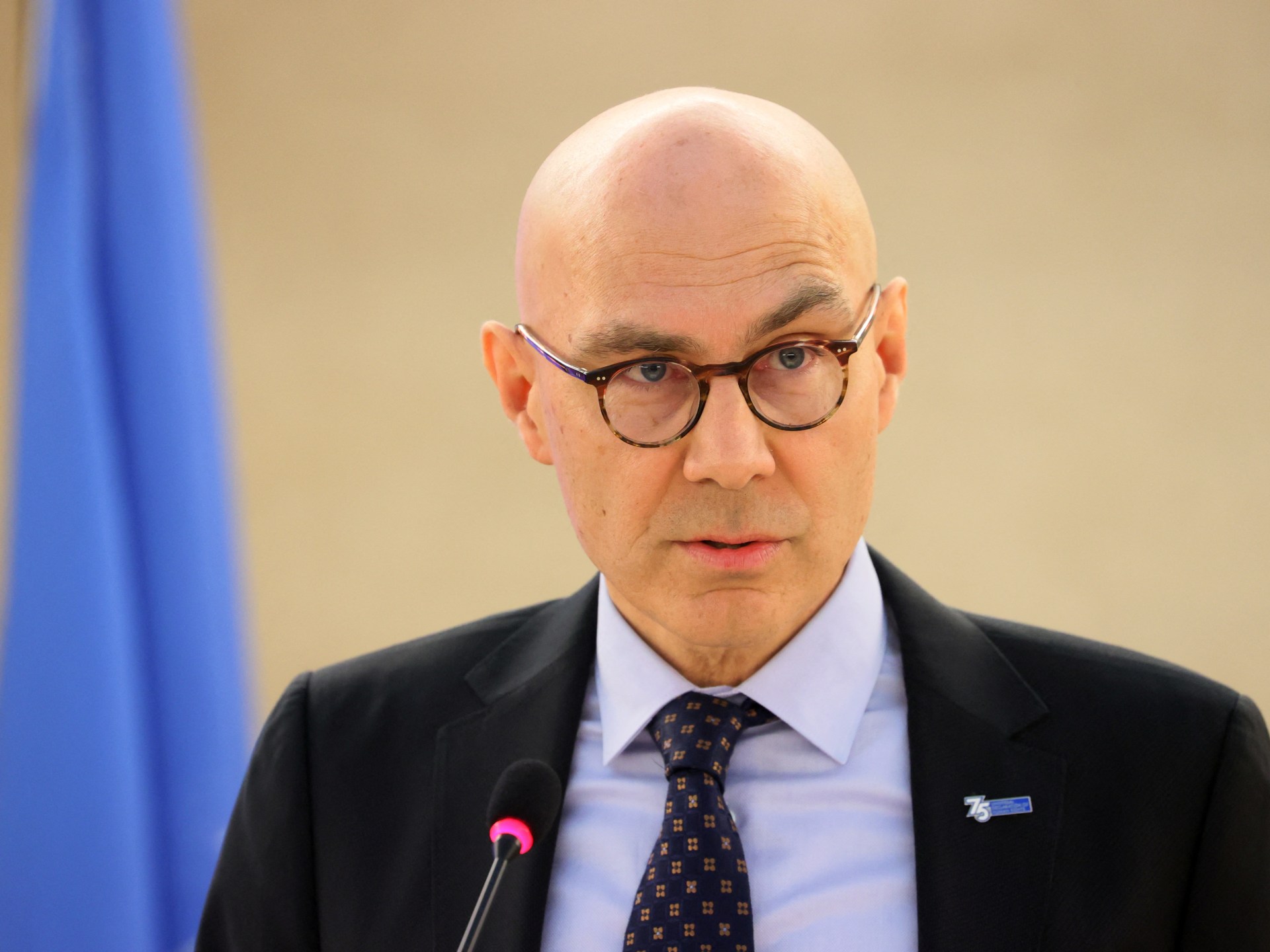Iraq Dominates Bush-Kerry Second Debate
Kerry accused Bush of turning his campaign into a "weapon of mass deception" while Bush blasted the Democrat for alleged flip flops in a 90-minute "town hall" meeting Friday, October 8, at Washington University, the second of three debates before the tight November 2 election.
The town hall format meant the two candidates took selected questions that were submitted from an audience of uncommitted voters, reported Agence France-Presse (AFP).
The two candidates also quarreled aggressively over the so-called war on terror, jobs, education, health care, abortion, the environment and cheaper drugs.
While Kerry hoped to build on the momentum of their first encounter, which gave him a lift in the polls, Bush sought to regain his footing after stumbling in their first face-off with scowling performance.
"Weapons of Mass Deception"
"The president didn’t find weapons of mass destruction in Iraq so he’s really turned his campaign into a weapon of mass deception," Kerry said in a response to a question on whether he was wishy-washy on policy matters.
"The result is that you’ve been bombarded with advertisements suggesting that I’ve changed a position on this or that or the other," the Massachusetts senator said.
Bush responded with a new attack on Kerry for first voting to authorize the Iraq war and then opposing the conduct of the war, and then voting against $87 billion dollars in reconstruction funds.
"That sends a confusing signal to people," Bush said. "He said he thought Saddam Hussein was a grave threat and now says it was a mistake to remove Saddam Hussein from power."
Bush tried to tune down the effect of a report by his chief arms inspector this week that said Saddam scrapped his weapons of mass destruction years ago.
"I wasn’t happy when we found out there wasn’t weapons and we’ve got an intelligence group together to figure out why," he said.
"But Saddam Hussein was a unique threat and the world is better off without him in power and my opponent’s plans lead me to conclude that Saddam Hussein would still be in power and the world would be more dangerous."
But Kerry shot back that the world is "more dangerous today because the president didn’t make the right judgments".
He said despite Bush’s attacks, he had never changed his position that Saddam was a threat "but I would have used that authority wisely, not rushed to war without a plan to win the peace.
"And if we’d used smart diplomacy we could have saved $200 billion and an invasion of Iraq and right now, Osama bin Laden might be in jail or dead. That’s the war against terror," said the presidential hopeful.
He continued: "I would have brought our allies to our side. … This president rushed to war, pushed our allies aside, and Iran is now more dangerous and so is North Korea with nuclear weapons. He took his eye off the ball with Osama Bin Laden."
Kerry maintained that Bush had left Iraq in "chaos" and had been unable to muster help from US allies or NATO, excluding them from the reconstruction process.
"I’m going to get the training done for our troops. I’m going to get the training of Iraqis done, faster. And I’m going to get our allies back to the table."
Record Deficit
After clashing over U.S. policies in Iraq, Bush and Kerry were questioned about health care, the environment and tax policies with Kerry accusing Bush of driving up the biggest deficits in American history.
Kerry derided Bush as the first leader to preside over job losses in 72 years and said he had transformed huge budget surpluses into massive deficits with wartime tax cuts for the rich.
"He’s added more debt to the debt of the United States in four years than all the way from George Washington to Ronald Reagan put together. Go figure."
The budget swung from a record $313 billion surplus projected when Bush took office to a record $422 billion deficit this election year.
A government report Friday said the nation had lost 821,000 jobs under Bush.
Estimating that Kerry’s budget proposals would cost $2.2 trillion, Bush declared, "He’s going to tax everybody here to fund these programs."
He said Kerry’s plan to raise taxes on the wealthy would force 900,000 small business owners to pay more.
Dead Heat
A CNN/USA Today/Gallup poll, taken immediately after the debate, showed the two candidates in a dead heat, with each polling at 49 percent.
The 515 registered voters gave a slight, statistically insignificant edge to Kerry over Bush, 47 percent to 45 percent, CNN reported.
Their political affiliations broke down as 38 percent Republican, 32 percent Democratic and 30 percent independent.
The poll had a margin of error of plus or minus 4 percentage points, making the results a virtual draw.
It did suggest that Bush had a significantly better performance than in the first debate.
The survey is a reflection of immediate impressions of only those voters who watched the debate.
The final debate is set for 13 October in Arizona, and will focus on domestic issues.
Vice President Dick Cheney and Democratic rival John Edwards slugged it out over Iraq, jobs and each other’s judgment in their one and only debate on Tuesday, October 5.



